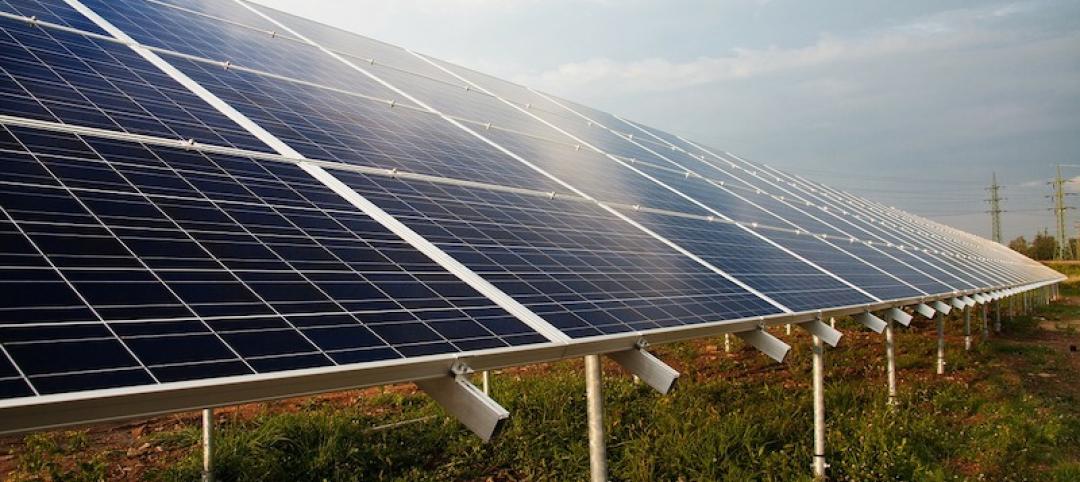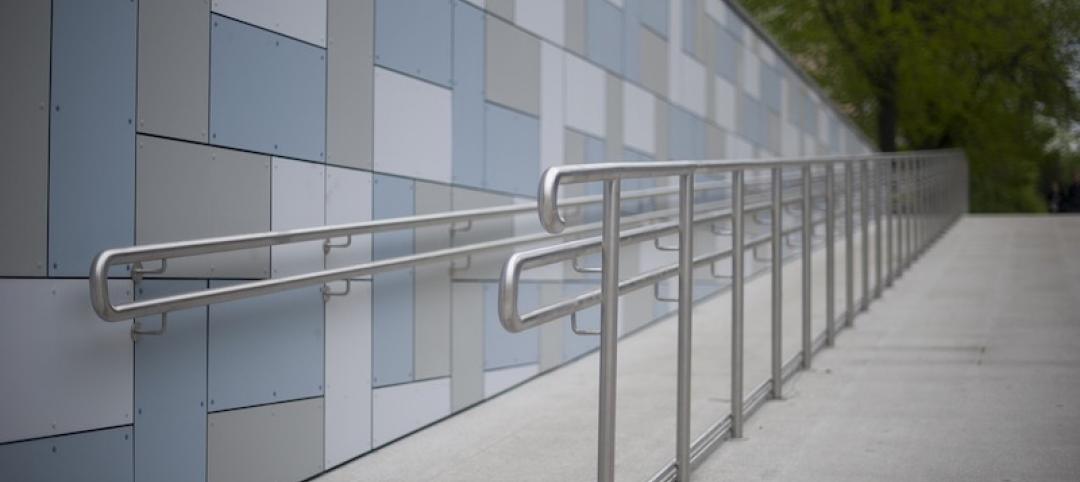Cities around the world need $375 billion in green investment to avoid catastrophic global climate change, the C40 Cities Climate Leadership Group says.
According to a report by Arup on behalf of the C40 group, without serious action before 2020, the world will have locked in future emissions to the point where global temperatures will surpass the 2 degrees Celsius mark—the upper safe limit in the Paris Climate Agreement. The report says that megacities need to reduce their average emissions from more than five tons of carbon per capita today to around 2.9 tons over the next decade.
The report provides guidelines for global cities to take 14,000 climate actions over the next four years in transportation, efficiency, energy production, and waste management in order to reduce emissions. If C40 cities and their partners take on the recommended actions, the report says they can deliver 51% of the carbon reductions necessary to ensure cities are on course with Paris Agreement objectives. The remaining 49% of emission reductions would need to come from external structural changes such as de-carbonizing national energy supplies.
Established 11 years ago, the C40 Cities Climate Leadership Group includes more than 85 world cities, representing more than 650 million people and one-quarter of the global economy.
Related Stories
Codes and Standards | Oct 28, 2019
U.S. military demands landlords address health hazards in troop housing
Air Force threatens formal dispute process.
Codes and Standards | Oct 24, 2019
ASHRAE design contest winners demonstrate building resilience
Model building, a city hall, could operate without utility service for two weeks.
Codes and Standards | Oct 22, 2019
Efficient material design, low-carbon concrete are critical to cutting GHG emissions in construction
Enhancing building utilization and reusing materials also aid carbon reduction.
Codes and Standards | Oct 21, 2019
Historic properties not exempt from Americans With Disabilities Act
Some exceptions do apply.
Codes and Standards | Oct 18, 2019
St. Louis could save $61 million per year in energy costs by improved building performance
GHG gases can be reduced by at least 11% with upgrades to public buildings and large private buildings.
Codes and Standards | Oct 17, 2019
Slow payments cost GCs and subs $64 billion annually
Study finds 51-day average payment turnaround.
Codes and Standards | Oct 16, 2019
Cool pavement can make people hotter
Reflective coatings channel sunlight raising temperatures where pedestrians walk.
Codes and Standards | Oct 15, 2019
Utah adopts 2018 International Energy Conservation Code
Provisions include increased building envelope performance and reduced air infiltration.
Codes and Standards | Oct 14, 2019
States continue to beef up energy efficiency codes
ACEEE 50-state scorecard finds latest IECC code gaining adherents.
Codes and Standards | Oct 9, 2019
DOE releases Better Buildings Healthcare Financing Primer
Outlines financial strategies to implement energy-efficiency projects in healthcare.

















